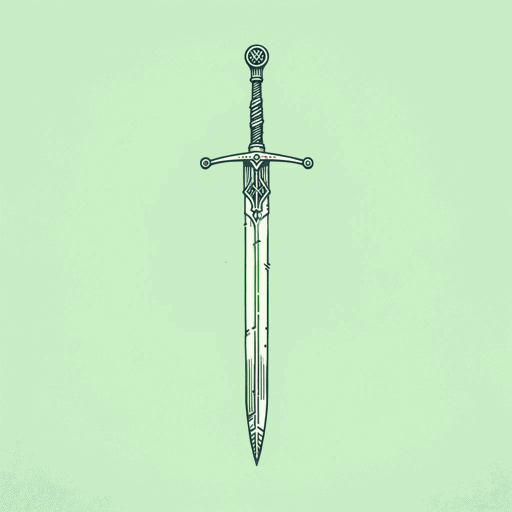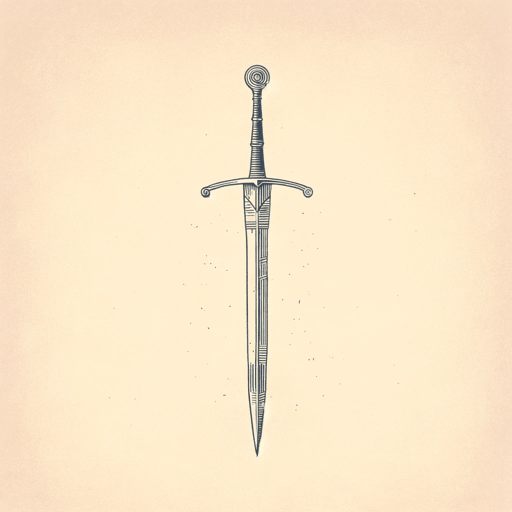69 pages • 2 hours read
Andrzej SapkowskiSword of Destiny
Fiction | Short Story Collection | Adult | Published in 1992A modern alternative to SparkNotes and CliffsNotes, SuperSummary offers high-quality Study Guides with detailed chapter summaries and analysis of major themes, characters, and more.
Themes
The True Nature of Monstrosity
In Sword of Destiny, the fundamental role of witchers, particularly Geralt of Rivia, is to protect humanity from monsters. However, a paradox unfolds as the narrative evolves, revealing that the greatest threat to humans comes not from external threats such as dragons and basilisks, but from humanity itself. The tales within the collection illuminate a distinct shift in the perceived danger, emphasizing the insular nature of humans who automatically classify every species but themselves as monsters. As an extension of this dynamic, the narrative pointedly examines the immorality of killing perceived monsters, and the subtext of such encounters is that those who feel compelled to kill creatures for the crime of being different are in fact little more than monsters themselves.
Geralt’s internalized moral code becomes a focal point in navigating the complexities of discerning the presence of monstrosity in those around him. His refusal to kill intelligent beings, endangered species, or harmless creatures is a constant source of conflict that often leads to financial challenges, and in almost every tale, the evolving and morally ambiguous landscape constantly forces Geralt to question and reevaluate his principles. For example, “Bounds of Reason” exemplifies Geralt’s commitment to his moral code as he refuses to kill a dragon despite multiple societal pressures and financial incentives.
Related Titles
By Andrzej Sapkowski



